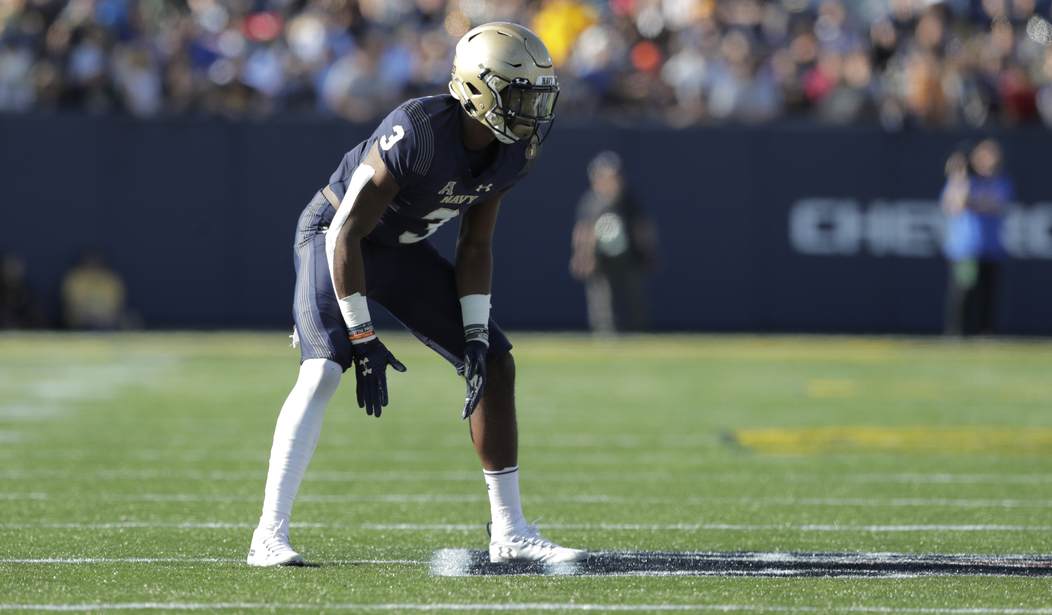The NCAA and the Big Ten Conference leadership approved a $2.8 billion groundbreaking settlement of antitrust claims that promises to usher in a chaotic and lucrative era in college sports. Four other conferences will have to approve the settlement for it to be formally approved.
In House v. the NCAA, several former student-athletes who played before the 2021 agreement that allowed players to market their names, images, and likenesses (NIL) sued to recoup some of what they say they should have earned.
The settlement could resolve three antitrust lawsuits against the NCAA worth $20 billion. That amount would have broken the NCAA, say experts. The settlement includes big changes to the NCAA’s amateur sports model. In essence, the term "amateur" as it relates to NCAA sports is history.
Before any big changes can go forward, at least one other antitrust suit needs to be included in the current litigation. Fontenot vs. the NCAA is in a Colorado court, and the plaintiff's attorney is refusing to join House.
“One way or the other, they have to deal with us or I just don’t see how a settlement ultimately gets done,” George Zelcs, one of the plaintiffs’ attorneys, told AP on Wednesday. “They have to either include us or get an order that requires us to be involved in it. All of which we have arguments against as well.”
The NCAA and five conferences named in the House vs. NCAA lawsuit that is at the center of settlement talks have asked [Judge Charlotte] Sweeney to combine the Fontenot case with Carter vs. the NCAA, which is being heard in the Northern District of California.
Under terms of the proposed settlement, the NCAA would pay $2.77 billion over 10 years to former and current college athletes who were denied by now-defunct rules the ability to earn money from endorsement and sponsorship deals dating to 2016. The NCAA and conferences also would agree to establish a revenue-sharing system, with schools allowed — though not required — to spend about $21 million a year on their athletes. That number could grow over time if revenue increases.
The Fontenot case focuses on all college sports, not just NIL issues in football and basketball.
“House was focused on name, image and likeness issues, which is really just a small segment of the overall revenue that the NCAA and the conferences and their members are bringing in,” attorney for Fontenot Broshuis told AP. “Our case is instead focusing on what would be the true free-market value of the services being provided by these athletes.”
The changes that are coming to college sports are far-reaching and revolutionary.
The $2.8 billion settlement in the House v. NCAA case, a landmark legal battle, has far-reaching implications anchored by revenue sharing and the expansion of roster sizes, which might also spark more legal battles with Title IX implications. In the immediate future, the legal settlement is transformative for players because not only will past athletes be compensated for prior restrictions on earning from their name, image, and likeness via the $2.8 billion settlement, but the agreement sets the stage for a future revenue-sharing model, a first in the NCAA's long history, benefiting thousands of collegiate athletes starting as soon as Fall 2025.
Now comes the states looking to get a piece of the pie.
According to an amended complaint filed on Wednesday morning, the states of New York, Florida and the District of Columbia have joined Tennessee and Virginia in the antitrust suit against the NCAA.
— Caleb Jarreau (@CalebJarreau16) May 1, 2024
🔗https://t.co/Z9RX7sDTRx pic.twitter.com/6unfKzz3SJ
It was always a fiction that college football and basketball players were "amateurs" in any sense of the word. Ever since 2021, they've been allowed to market themselves. Now the schools will be able to make deals for the athletes, growing the pie and allowing athletes from minor sports to benefit.










Join the conversation as a VIP Member